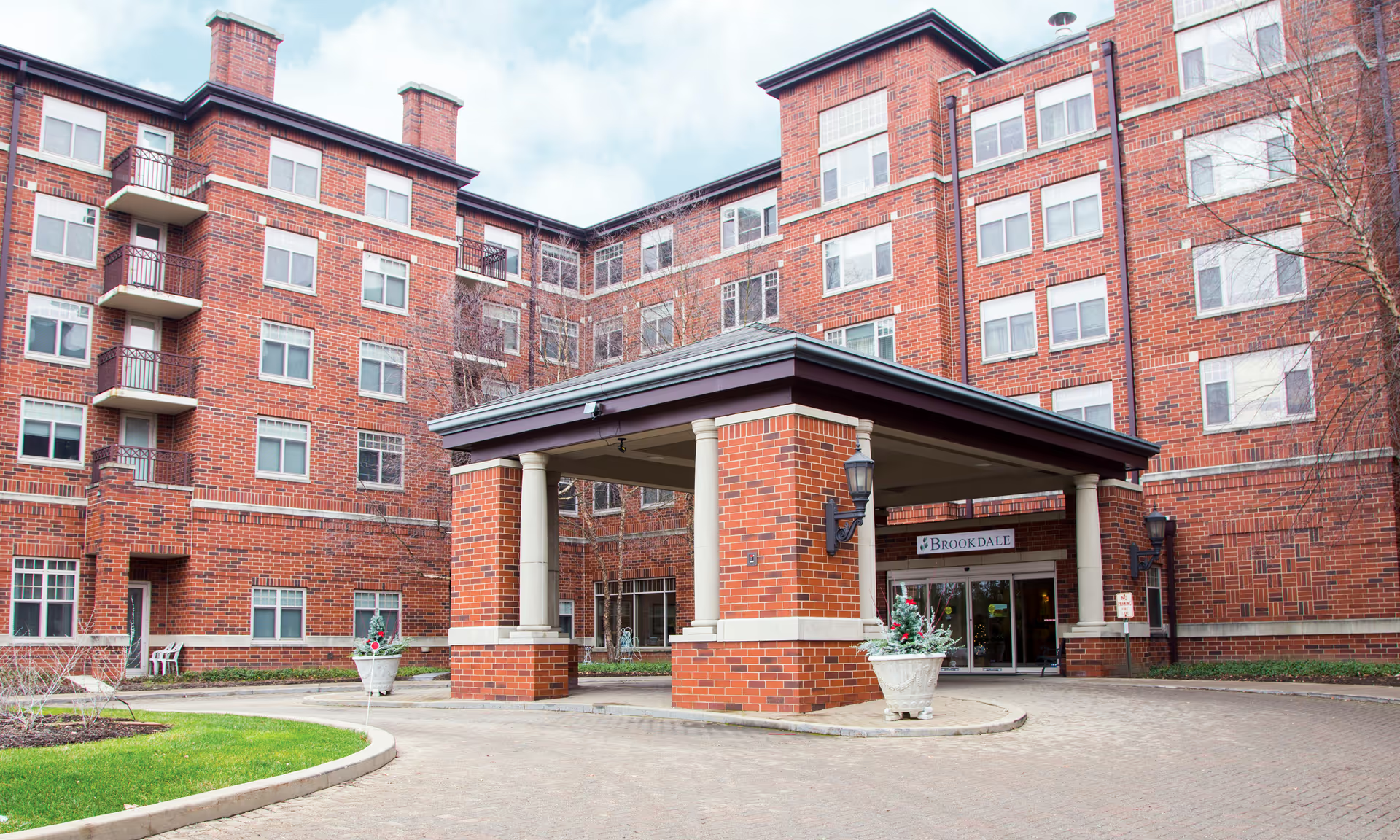Overall sentiment across the review summaries is mixed and polarized: a subset of reviewers describe the Manor of Novi as providing compassionate, professional, and effective care—particularly in therapy/rehab and hospice—while another substantial subset report serious, sometimes dangerous shortcomings in staffing, communication, and basic resident supervision. Multiple reviews praise individual staff members (nurses, aides, social workers such as Christina Rowe, and therapy teams) for being attentive, kind, and skilled. These accounts often highlight clean rooms and shiny floors, engaging activities and outings, on-site amenities (beauty shop, events like a petting zoo), good food and kitchen staff, and timely services like laundry and feeding assistance. For people seeking rehabilitation or hospice, several reviewers explicitly recommended the facility and reported positive outcomes and respectful treatment.
However, recurring negative themes are prominent and significant. Many reviewers report poor communication from the facility: unanswered phone calls, appointment-only visiting requirements, contradictory statements from staff, and inadequate information collection at admission. Staffing shortages and slow buzzer responses are repeatedly cited; these staffing problems translate in multiple reports into insufficient assistance with meals and toileting, delayed night care, and residents being left without timely supervision. Several reviewers describe rough or negligent handling by nursing assistants, missed fall risk mitigation (including missing side rails), and at least one reported fall leading to a death—raising acute safety concerns. These are not isolated comments but repeated patterns that suggest variability in care quality depending on shifts, personnel, or individual units.
Facility condition and cleanliness are described inconsistently. Many reviews praise the building as clean, well-kept, and professional (no nursing-home smell, shiny floors), but others report putrid or urine odors, missing or broken room items (no chair, no tray table, nonfunctional TV), lack of air conditioning, and an overall run-down appearance in places. This mixed reporting suggests uneven housekeeping standards or localized issues. Dining experiences are similarly mixed: while some families applaud the kitchen, meals, and feeding assistance, others say meals are often poor and the dining rooms are understaffed. Activities are frequently described as abundant and engaging, and therapy programs receive strong positive feedback in multiple reviews, which aligns with several recommendations for rehab stays.
Management and administrative interactions also divide reviewers. Several describe office and front-desk staff as amazing and helpful, while others report unsympathetic social workers, unhelpful administration regarding Medicaid, delays in processing, and surprise out-of-pocket costs. There are allegations of medication mishandling (confiscated meds) and concerns about overprescribing or overmedication contributing to loss of mobility—serious issues that potential residents and families should investigate further. Visitation policies (appointment-only visits during COVID) and restricted visiting times are a frequent source of frustration; some families felt these policies were used to excuse poor responses (e.g., blaming a holiday weekend for unresponsiveness).
Pattern-wise, the most important takeaway is inconsistency. Pros include strong rehabilitation services, instances of truly compassionate staff, good hospice care, and engaging programming. Cons include repeated reports of neglectful or unsafe practices, poor communication and responsiveness, administrative hurdles, and variability in cleanliness and facility upkeep. Given the mix of glowing and strongly negative reports—including several accounts severe enough to prompt families to transfer loved ones out or to advise against placement—prospective residents and families should perform careful, specific due diligence: ask about staffing ratios, recent safety incidents, how falls and medications are managed, speak directly with named staff when possible, tour multiple units at different times of day, verify Medicaid/financial processing procedures, and seek references from recent families who had comparable care needs. The Manor of Novi appears capable of providing excellent, compassionate care in many cases, but recurring systemic issues reported by multiple reviewers warrant caution and further investigation before making placement decisions.







